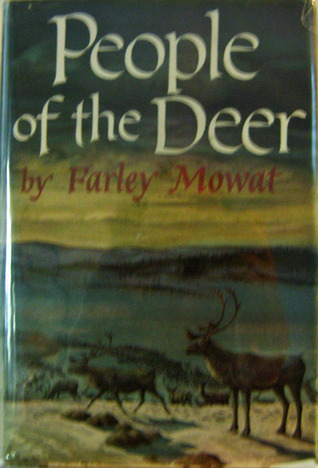
Author

Farley McGill Mowat was a conservationist and one of Canada's most widely-read authors. Many of his most popular works have been memoirs of his childhood, his war service, and his work as a naturalist. His works have been translated into 52 languages and he has sold more than 14 million books. Mowat studied biology at the University of Toronto. During a field trip to the Arctic, Mowat became outraged at the plight of the Ihalmiut, a Caribou Inuit band, which he attributed to misunderstanding by whites. His outrage led him to publish his first novel, People of the Deer (1952). This book made Mowat into a literary celebrity and was largely responsible for the shift in the Canadian government's Inuit policy: the government began shipping meat and dry goods to a people they previously denied existed. The Sea Shepherd Conservation Society ship RV Farley Mowat was named in honour of him, and he frequently visited it to assist its mission.